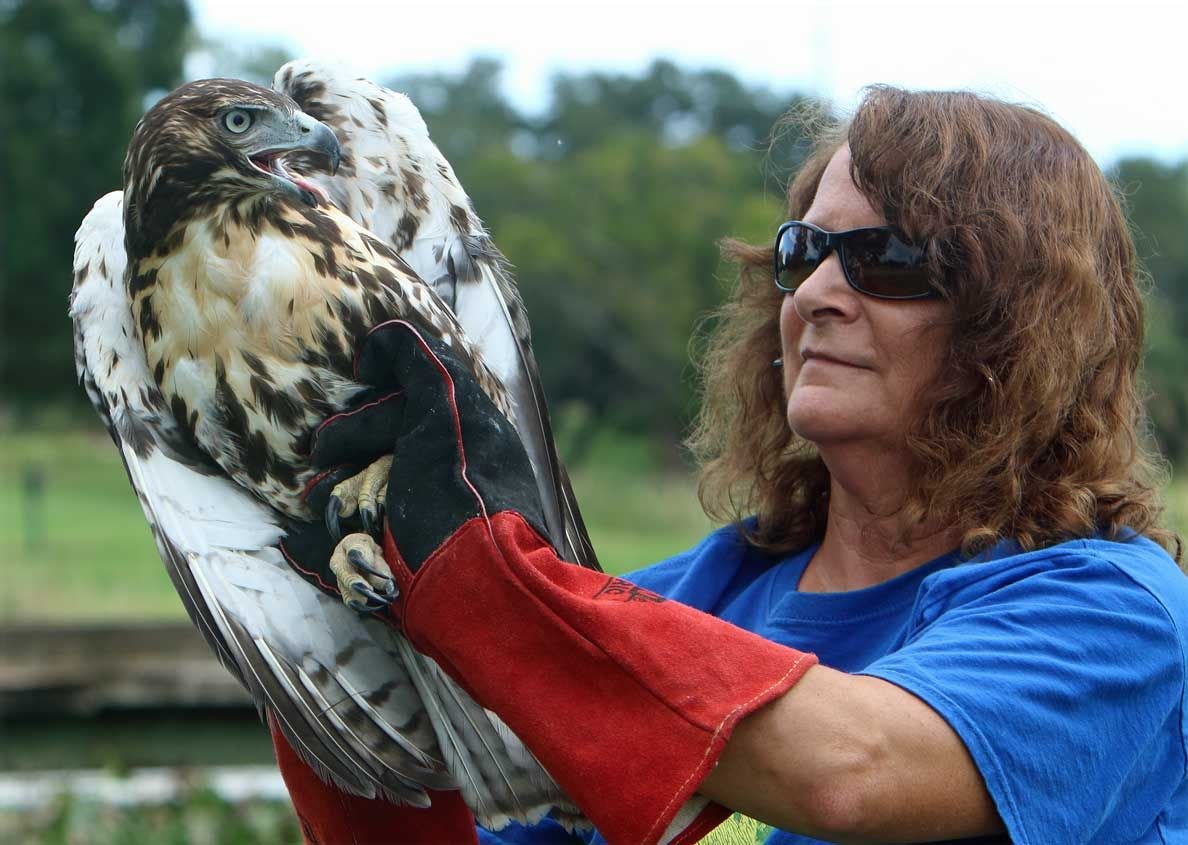


Sydney Wildlife has experienced members who take on the role of Coordinator for the animals that come into our care from wallabies and possums through to bats and reptiles. “ Every new member has undertaken our Rescue and Care Course but we recognise that putting the knowledge into practice requires good support. “Different birds have different needs, and there's a lot to learn as a new carer," says Carolyn. As Bird Coordinator, Carolyn's primary role is providing support to new carers as they gain experience rehabilitating birds for release. Some need a quiet space to recover while others will need a vet's attention. It's a debilitating, incurable condition that leaves the bird unable to fly.Įvery bird in care has specific needs and requirements, depending on their injuries and species. Lorikeets and other native birds are prone to beak and feather disease. The baby rainbow lorikeet’s rescue and release is a heartwarming story but sadly, not every rescue has a happy ending. Tawny frogmouths also live in family groups and young ones particularly need to be with others in the aviary and not left by themselves. Kookaburras are territorial and live in family groups introducing a non-family member may lead to them being attacked. Lorikeets on the other hand are active and gregarious, but you have to be careful because they may bite if they're upset or frightened.”Īnd then, of course, it's essential to make sure rehabilitated birds are released in the correct areas. “Kookaburras are fairly easy to care for and handle, they're not aggressive and can become quite docile when in care. “The species have different personalities,” says Carolyn. Over the years Carolyn has learnt the different characteristics of each species. She and the other carers make sure they do not humanise young birds in any way, they don’t look the birds in the eye or talk to them. Caring for native birdsĬarolyn explains that the role of the carer is to provide a safe and quiet space, with the appropriate food and shelter, for the bird to recover. The next morning the fledgling finally found the confidence to fly away, followed closely by the parents. Although I had initially left the door of the cage open he would not leave so they sat with him through the night. They sat with him that evening and fed him some apple I had provided. "The young lorikeet had heard the parents calling in the trees and drew them to my balcony by calling back to them. “Lorikeets are very devoted parents,” says Carolyn. Carolyn put him in a cage on her balcony, and it wasn't long before the lorikeet's parents arrived. Thankfully the little lorikeet was stunned but otherwise unhurt.


 0 kommentar(er)
0 kommentar(er)
